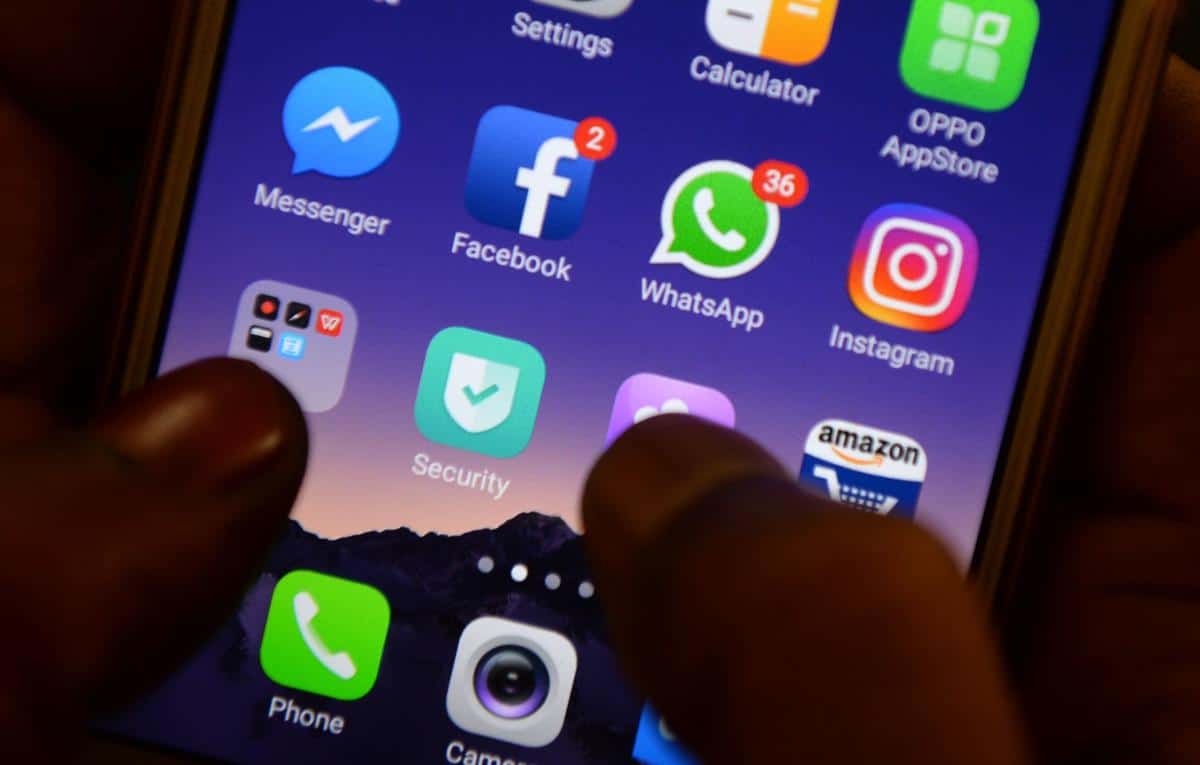Digital marketing strategies are an integral part of marketing and business operations today. Platforms such as social media advertising allow brands to reach customers at a fraction of the cost they would have to otherwise pay on traditional marketing methods.

“There have been major changes in digital marketing in recent years, particularly in advertising, and these have forced the hand of digital marketers in a do-or-die way,” says Farhad Divecha, founder and MD of AccuraCast, a UK leading digital marketing agency to TRENDS.
He continued: “Good digital marketers adapt their methods to meet the needs of things like privacy laws, technology like smart bidding and automation on big platforms like Google and Facebook, and consumer behavior like TikTok. For brands to reach their potential customers at the right time and place, strategies must stay up with these aspects.”
Importance of brand identity on social media
Social media sites, according to Divecha, are where consumers turn to when they want to find out about or engage with a brand. “So having that presence is as important as it has ever been in recent years,” he said. “However, which of those social media channels a brand should be using and how actively, varies depending on the industry”.
As for B2C, where consumers expect to see a brand presence, social activity is far more important than it is for a majority of B2B firms, Divecha added.
“On the other hand, for B2B marketing, LinkedIn is usually the first to consider due to its huge network of professionals, as well as the targeting options which the platform offers to advertisers. For example, it’s possible to show ads to people using details such as their job role, seniority, and even down to the company they work for; that is simply not possible on the other platforms.”
Divecha remarked that understanding audiences nowadays is a data mining activity. “The era of hazy audience research and segmentation is over. Instead, businesses may now learn what their customers want, what they need, and what motivates them in near real-time,” he said. “As a result, brands should avoid assuming that what works for one audience or country will work for another”.
Marketing and social media trends in 2022
The year 2021 marked a turning point in the way brands perceive consumers, particularly as the latter are vocal about their needs and expectations. As a result, marketers and brand managers can no longer build strategies in advance and expect them to perform successfully, as sudden market shifts occur on a whim, and brands must react quickly if they want to survive.
The year 2022 is expected to be a big one for sport in the Middle East, according to Divecha. As a result, brands need to actively look at trends around significant sporting events and trigger or jump onto conversations happening around those trends.
Beyond sports, he noted, social media usage in the MENA region is increasing, with more time spent on platforms such as YouTube, Instagram, and WhatsApp. TikTok is one to keep an eye on, as its usage in the region is fast increasing, and it has the potential to overtake YouTube in terms of time spent, just as it did in the US and UK.
On the other hand, social media users in the Middle East expect personalized content relevant to their interests, faster service, and a better overall experience. For example, today’s consumers are less likely to wait for your brand to react. The attention-based economy requires brands to be proactive rather than reactive.








